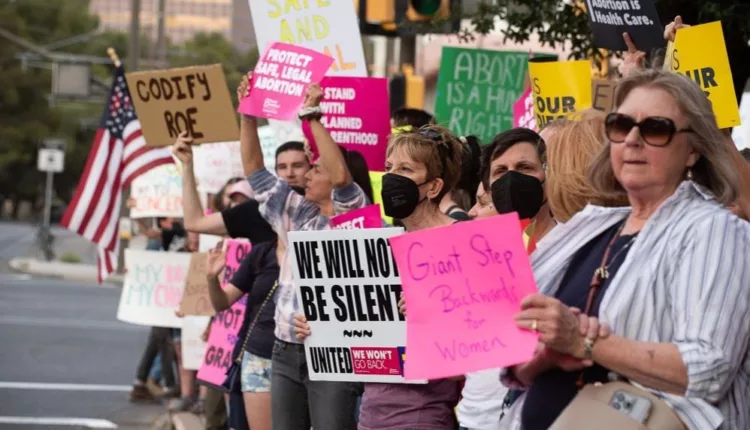
TL/DR –
The Arizona Supreme Court is set to reconcile conflicting state laws on abortion: Title 36, which prohibits abortions after a 15-week gestational period except in medical emergencies, and Section 13-3603, a near-total ban on abortions dating back to 1864 that makes exceptions only to save the mother’s life. The legal conflict arose after the U.S. Supreme Court overturned Roe v. Wade in the Dobbs v Jackson decision, potentially reviving Arizona’s near-total ban on abortions. Arguments in the Arizona Supreme Court hinge on whether Title 36 permits pre-15 week abortions, with representatives of Planned Parenthood and an Arizona gynecologist offering differing readings of the law.
Arizona Supreme Court to Reconcile Conflicting Abortion Laws
Soon, the Arizona Supreme Court will reconcile two conflicting abortion laws in the Grand Canyon state. The Arizona legislature passed Title 36, prohibiting abortions post-15-week gestation barring a medical emergency, months before the U.S. Supreme Court’s Roe v Wade was overturned.
However, the reversal of Roe v Wade in Dobbs v Jackson potentially revives a near-total abortion ban in Arizona, enforced by a law known as Section 13-3603 from 1864. This territorial ban allows exceptions only if the abortion is necessary to save the mother’s life.
The state is currently grappling with how to enforce these two inconsistent laws. Andy Gaona, representing Planned Parenthood, argued that laws should allow abortions up to 15 weeks, barring non-physicians from performing abortions completely.
The Arizona Supreme Court is considering an appeal from Dr. Eric Hazelrigg, an Arizona gynecologist, against the Arizona Court of Appeals’ ruling in December 2022. The dispute focuses on the interpretation of Title 36 and its implications on pre-15 week abortions, which Gaona asserts are legal as the law doesn’t specifically prohibit them.
Jake Warner, representing Hazelrigg, argued that Title 36 does not create an exception to the territorial ban. Instead, it adds another requirement for abortions post-15 weeks, further complicating the issue. Warner suggested the termination must not only be lifesaving but must be immediately necessary to save the mother’s life or prevent irreversible bodily damage.
Chief Justice Robert Brutinel questioned the reasoning of the laws, pointing out the unreasonableness of Title 36 if it does not allow abortions before 15 weeks. Arizona Solicitor General Josh Bendor disputed Warner’s interpretation, arguing that the ambiguity of the law suggests it contains permissions, not just additional prohibitions.
In the final arguments, Gaona urged the court to view abortion as healthcare, while Warner requested the court’s assistance to help Arizona preserve life, as it did before the Roe v Wade decision.
—
Read More US News; Arizona News
